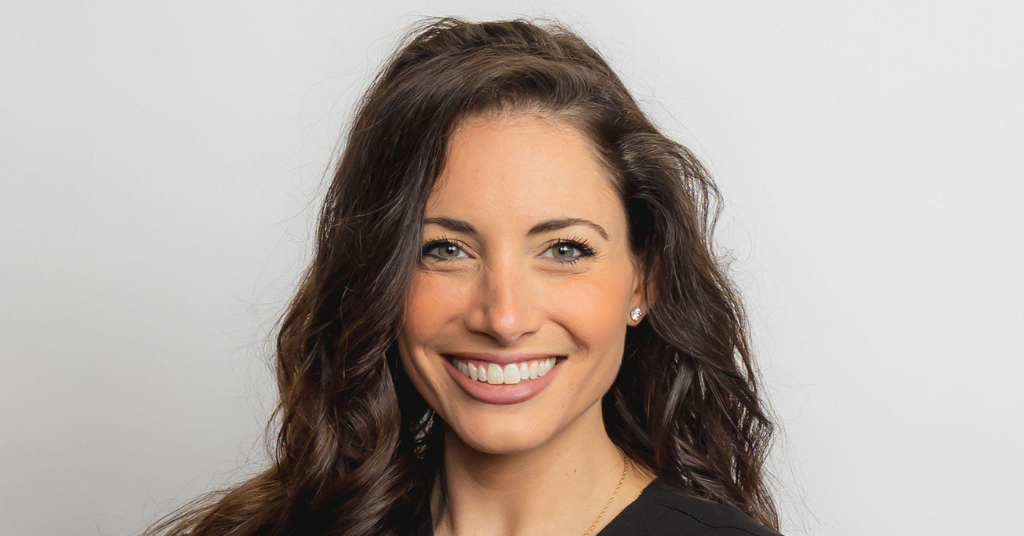
What I learned doing fieldwork with a hearing loss
June 17, 2020
5 ways to support a loved one with Meniere’s Disease
June 22, 2020How to advocate for your child with hearing loss

As I was preparing to become a mom, I knew I’d need to be my child’s voice at points. I’ve always been one to take action when necessary, even prior to having a child, so I wasn’t particularly worried about speaking up for my kids. However, I never anticipated having a child with a profound hearing loss.
I quickly learned that being a parent and being a parent of a special needs child are two different things. Being a mom of a deaf kiddo takes a different kind of advocacy, and it’s been a learning process to determine how to best speak up for my baby. Here are a few things about being an effective advocate for your child with hearing loss that I’ve learned along the way.
Inform yourself
Upon receiving my son’s diagnosis, I began researching extensively on the types and causes of hearing loss. I knew that in the months to come, I’d be having many conversations about his diagnosis. I wanted to know as much as possible going into those situations. In the age of the internet, there is so much information at our fingertips. I learned so much in a short period of time simply through Googling and connecting with other parents in similar situations.
In turn, this information helped me as I was navigating medical appointments and early intervention meetings. It was much less overwhelming to already know much of the information going into those meetings, versus learning it in the meeting and having to process through it all.
Be as organized as possible
One of the very first things I did after learning of Cooper’s hearing loss and the severity of it was to start a binder with all his medical information. I knew we would be getting overloaded with information and there was no way I would be able to retain it all. His binder has everything from his hearing tests, appointment summaries, contact info for our medical team, and insurance information. The answer to nearly every possible question is in those pages. It brings me peace of mind to know that.
Take all the support that is offered to you
Right after a hearing loss diagnosis, it can be overwhelming to sort through all of the resources and contacts you have been given. But it’s incredibly important to make the time to do so. From early intervention to local and state resources, there are so many types of support that you can take advantage of for both your child and yourself. There is nothing wrong with accepting help. It will pave the way for a successful future for your child.
“There is nothing wrong with accepting help.”
Ask every possible question
You know what they say, there’s no such thing as a stupid question. And in this case, it’s true. At our first few appointments, I bombarded our doctors with questions. I wanted to know every option and possible outcome for what we were facing. If I forgot to ask something during a meeting, I crafted a follow-up email. Not one person on our team ever made me feel guilty for asking questions. Instead, they thanked me for being as on top of things as I could be and doing the research to understand our situation as thoroughly as possible.
Learn about your child’s legal rights
In most cases, hearing loss is considered a disability. Children with disabilities have certain rights, especially in the public education system. Perhaps the most well known legal rights are found in the Individuals with Disabilities Education Act (IDEA), which entitles the child to a “Free Appropriate Public Education in the Least Restrictive Environment.” What this means is often determined after meeting with school officials and determining an Individualized Education Program, often referred to as an IEP. While most schools are likely willing to work with you and your child in every way possible, it’s still a good idea to research and learn about your child’s rights should you ever face a difficult situation.
Talk to other parents who have already walked this road
Connecting with other parents of deaf and hard of hearing children has been a lifesaver, especially when their children are older and have already been through some of the situations we are sure to face in our future. Connecting with parents of kids in the same school district is especially important in my eyes, as they are able to offer advice and share what worked and didn’t work for them. Knowing that you have someone to lean on in the future makes overwhelming situations seem much less daunting.
Read more: Tips for parents new to hearing loss
Allow your child to learn to advocate for themselves
In our situation, my son is still too young to do this. But I know that as he grows and becomes more independent, he will have to learn to be his own advocate. I consider it my and my husband’s responsibility to teach him how to do this. We won’t always be there to speak up for him. It’s important to us that he be confident doing so on his own. We want him to be able to explain his hearing devices and voice his needs without feeling self-conscious. It’s our job to prepare him for a successful future. In order to have that, he will need to be his own best advocate.
Read more: How I teach self-advocacy to my hard of hearing children



